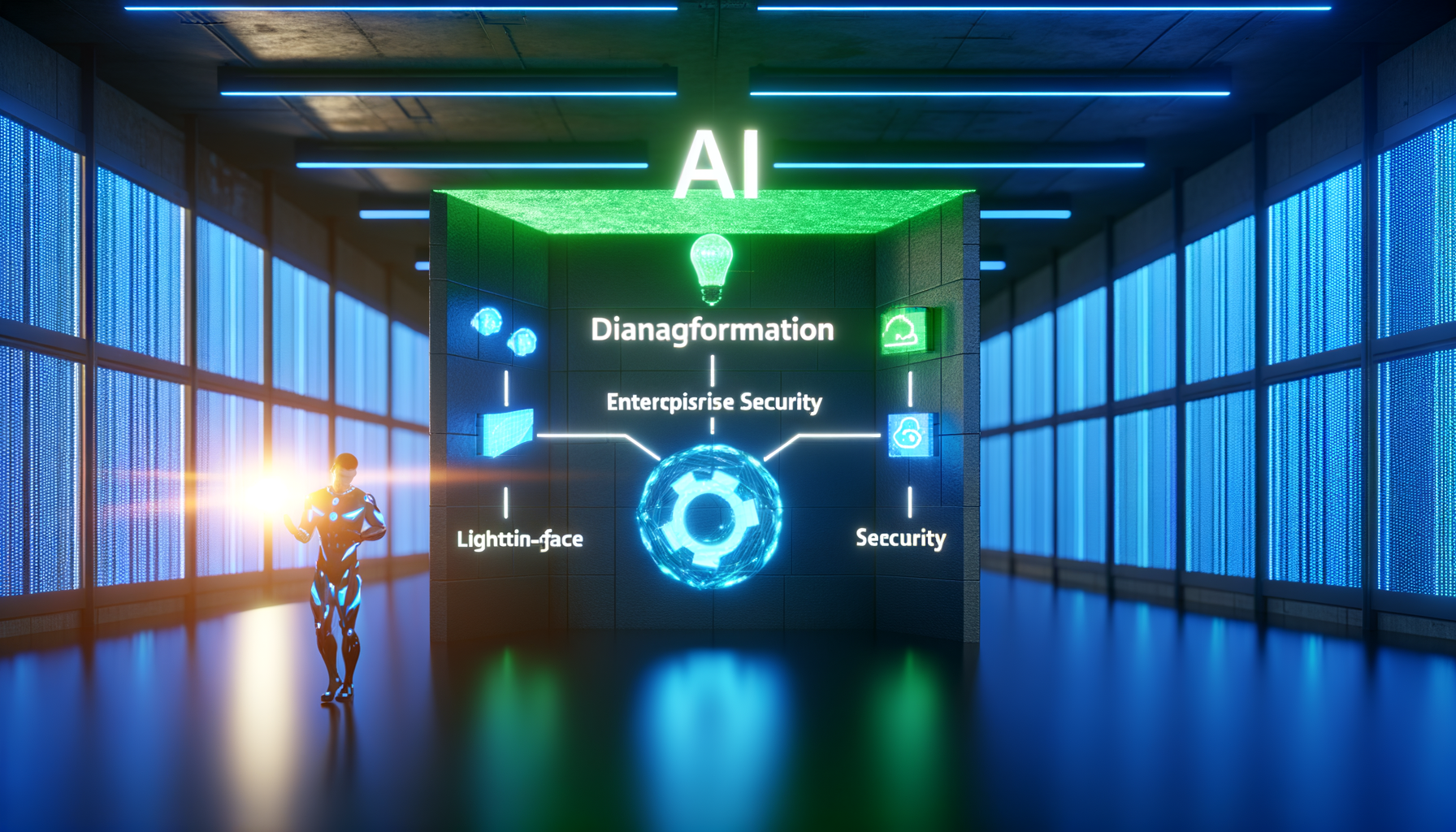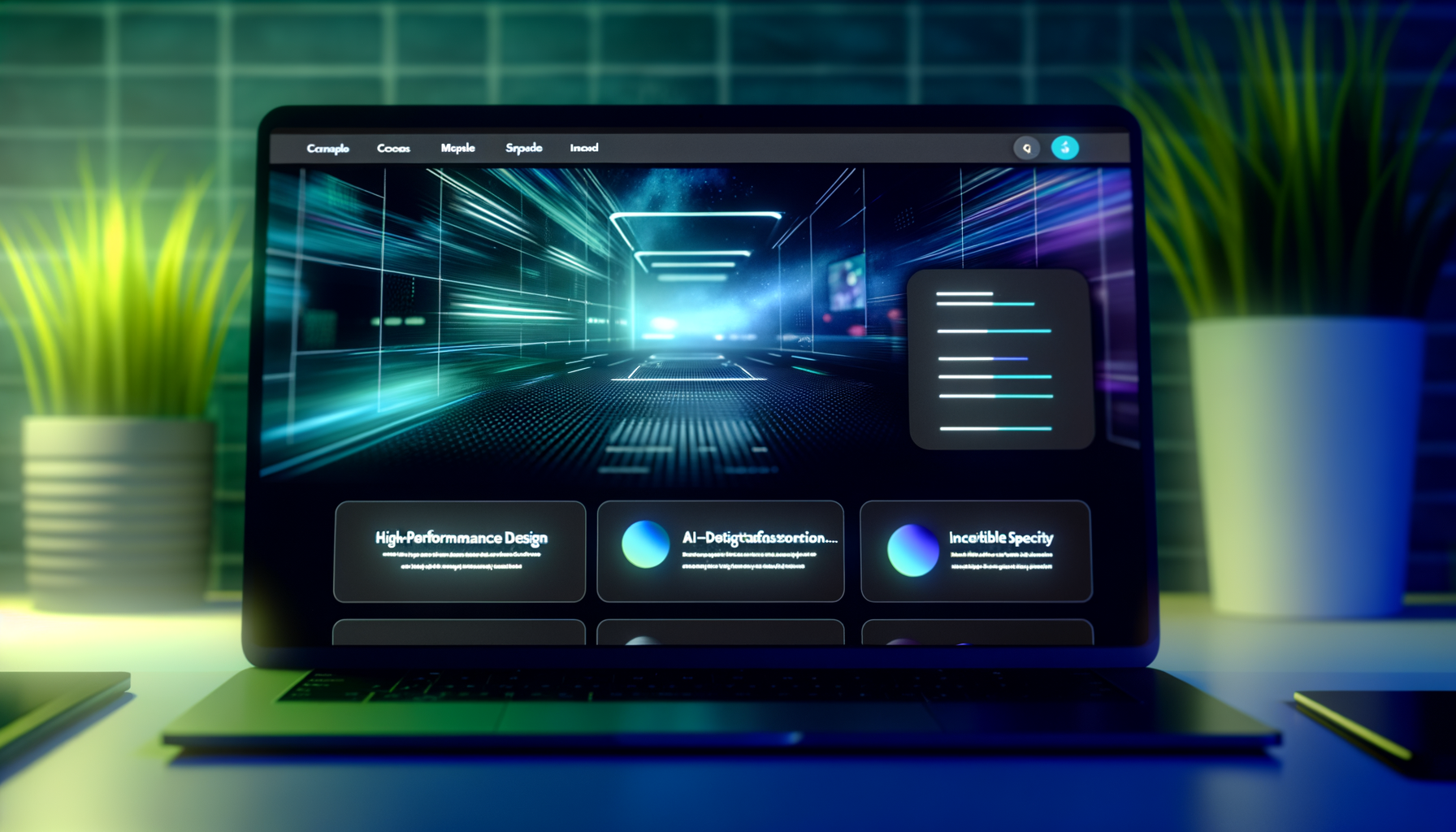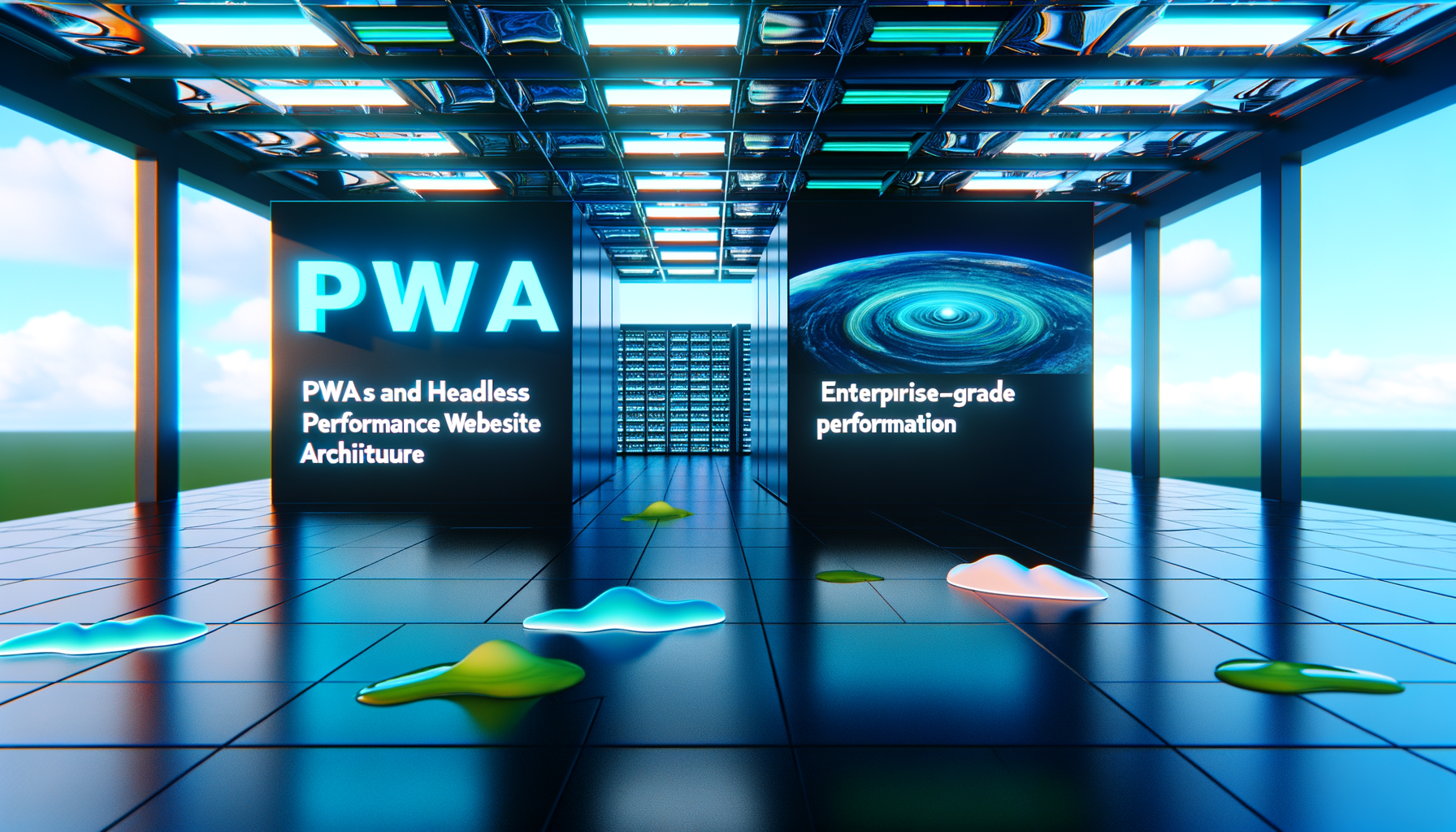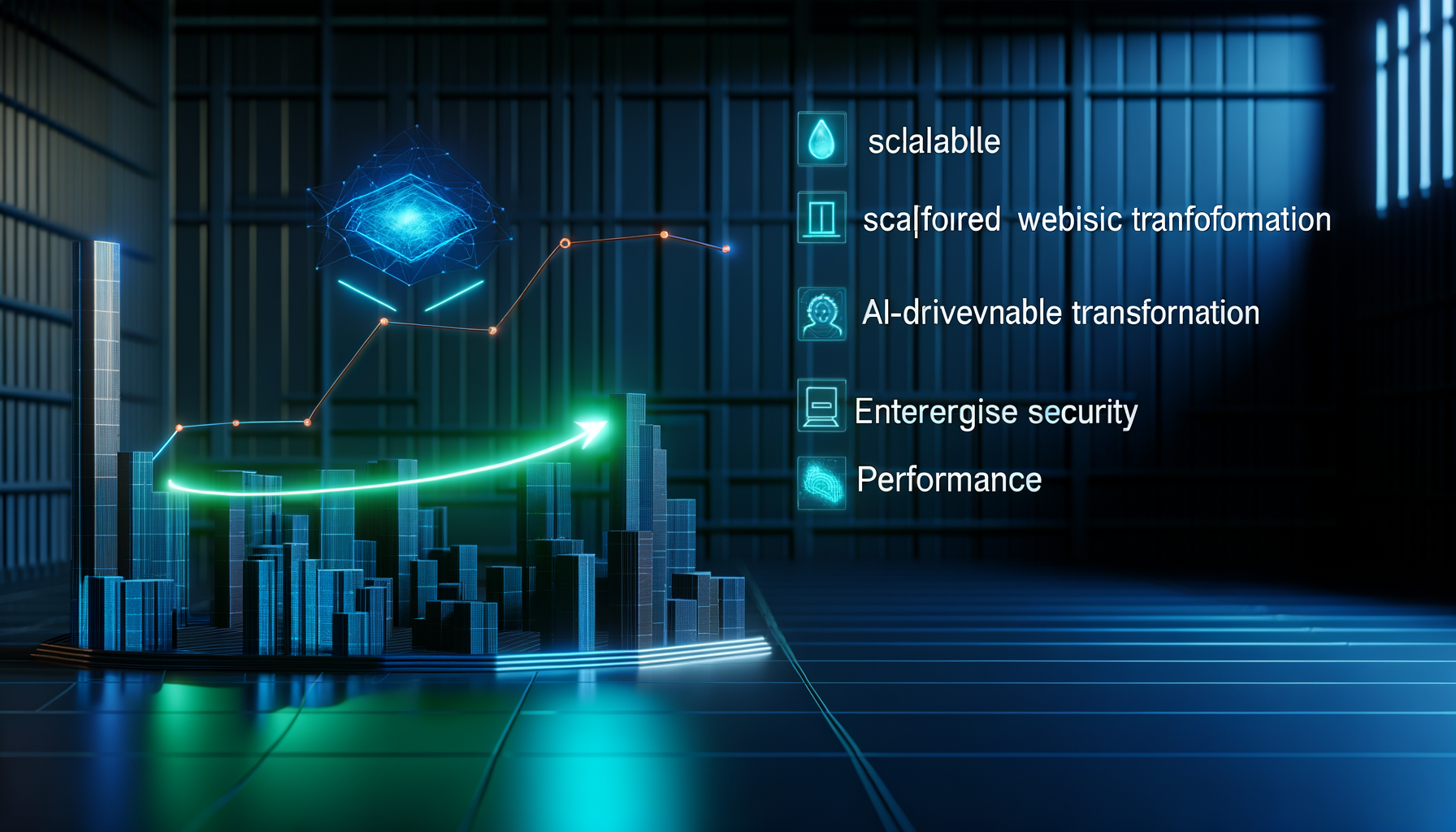Did you know that a one-second delay in page response can result in a 7% reduction in conversions? In 2025, high-performance website design is more crucial than ever. This post explores how integrating AI and modern web principles can future-proof your digital presence, ensuring sub-second load times and enhanced user engagement.
The Pillars of High-Performance Website Design
Core Elements

Team collaborating on code review with multiple devices.
In the fast-paced digital landscape, the backbone of a high-performance website is speed. Websites need to load in the blink of an eye, or risk losing visitors and potential revenue.
Modern website design incorporates responsive layouts, efficient code practices, and optimal server configurations. These elements ensure your site is not just fast, but also responsive across devices.
Implementing a Content Delivery Network (CDN) accelerates content delivery by distributing server load globally, reducing latency for users worldwide.
LIST
- •Responsive design
- •Efficient coding
- •Optimal server settings
- •Content Delivery Network (CDN)
AI Integration: The Game Changer
Enhancing Performance

Diagram showing AI integration in web performance optimization.
Artificial Intelligence is revolutionizing website performance. AI tools can analyze user behavior in real-time, enabling dynamic content adjustments to meet user needs.
AI-driven analytics provide insights into user engagement, allowing for personalized experiences that boost satisfaction and conversion rates. This is especially powerful for e-commerce platforms looking to optimize their sales funnel.
Quicklook's AI integration services enable businesses to harness predictive insights, automate routine tasks, and enhance website performance seamlessly.
QUOTE
AI is not just a tool; it's the foundation for next-gen user experiences.
Dark Mode and Micro-Interactions: Modern UX Trends

UI design with dark mode and interactive elements.
Dark mode has surged in popularity, offering not just aesthetic appeal but also energy savings on OLED screens, enhancing user comfort in low-light settings.
Micro-interactions, such as subtle animations, provide immediate feedback to users, improving usability and engagement without overwhelming them.
Implementing these trends requires a delicate balance—too much can distract, but when used judiciously, they elevate the user experience.
CALLOUT
Dark mode enhances visual comfort and battery life.
Progressive Web Apps and Headless CMS: The Future

Diagram illustrating PWA and headless CMS architecture.
Progressive Web Apps (PWAs) offer the best of both worlds: the reach of the web and the functionality of native apps. They load instantly and work offline, providing an app-like experience.
Headless CMS decouples the frontend from the backend, allowing developers to use any codebase to display content. This flexibility leads to faster load times and enhanced SEO performance.
Adopting these technologies future-proofs your website, ensuring scalability and compatibility with emerging platforms.
LIST
- •Instant loading
- •Offline capabilities
- •Decoupled architecture
- •Enhanced SEO
Ensuring Security and Scalability

Graph depicting scalable architecture and security measures.
Incorporating robust security measures is non-negotiable in 2025. SSL certificates, firewalls, and regular security audits are fundamental.
Scalability is equally important; your site's infrastructure should effortlessly handle traffic surges without sacrificing performance.
At Quicklook, we prioritize enterprise-grade security protocols and scalable solutions, ensuring your digital assets are protected and performant.
QUOTE
Security isn't a product; it's a process that evolves with threats.
Frequently Asked Questions
QWhat are the key elements of high-performance website design in 2025?
QHow does AI integration enhance modern website performance?
QWhat role does dark mode play in contemporary web design?
Conclusion
Embracing modern website design principles—like AI integration and PWAs—positions your business at the forefront of digital transformation.
Future Vision
As technology evolves, so must your website strategies to maintain a competitive edge.
Schedule your AI audit with Quicklook.
